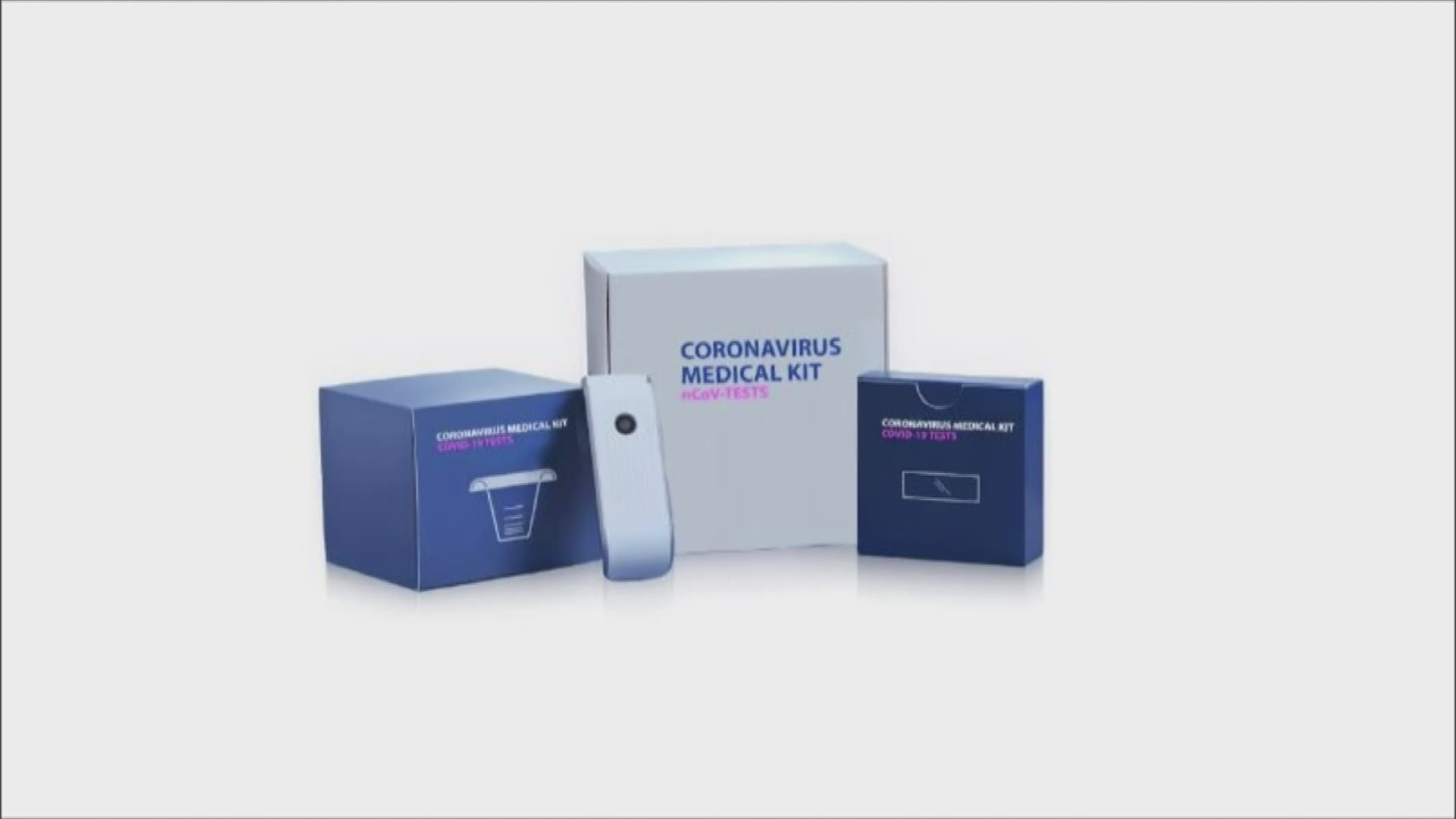COLORADO, USA — Scammers are looking to use federal stimulus checks to obtain personal information, according to a Tuesday release from the Community Protection Division Boulder County District Attorney’s Office.
> VIDEO: What Colorado's top prosecutors are doing to stop coronavirus scams.
Coronavirus Aid, Relief and Economic Security Act (CARES) was signed into law on March 27. The $2 trillion dollar emergency aid package consists of economic and disaster relief allocations, including a $1,200 direct payment to many Americans, $500 for each dependent child, expansion to unemployment insurance and the creation of the Coronavirus Relief Fund for state, local and tribal governments.
Here are ways District Attorney Michael Dougherty said scammers are exploiting the stimulus:
- Asking people to “sign up” to receive stimulus money or “verify” their personal or financial information to receive stimulus money.
- Setting up fake websites or social media posts charging a fee to “speed up” receipt of stimulus money.
- Sending fake checks and asking the recipient to send excess money to the scammer.
- Sending fake information appearing to come from the U.S. government, saying a person must provide tax information, social security benefit information or complete the census in order to receive stimulus money.
- Setting up fake charities asking for donations from stimulus money received.
The Community Protection Division (CPD) of the District Attorney’s Office advised community members to be alert to these scams, and offers the following suggestions to help prevent losing money or personal information to the scams:
- You will not need to verify any information to receive stimulus money.
- You will not have to pay any fees to receive stimulus money.
- No government agency will send messages asking you to fill out information to receive or about stimulus money.
- No government agency will require you to go online or call after receiving your stimulus money, nor require you to send any portion of the money back to them.
- Do not click on links in unsolicited emails, or from sources you don’t know: these can lead to fake websites or even steal personal information from your computer.
- Do your homework before donating: Verify that a charitable organization is legitimate by contacting the Colorado Secretary of State’s office or CPD.
Most people who qualify will automatically receive checks. The IRS said it will calculate and automatically send checks to those eligible.
Social Security recipients will receive their checks just as they would normally receive their benefits, according to the U.S. Treasury Department and IRS.
Those who don’t receive tax refunds or Social Security benefits via direct deposit will receive a paper check in the mail.
People who don't file taxes or get Social Security benefits will need to provide their information to the IRS via a website portal, available mid-April.
Visit the IRS website for more information and frequently asked questions about the economic impact payments.
SUGGESTED VIDEOS: COVID-19 Coronavirus

